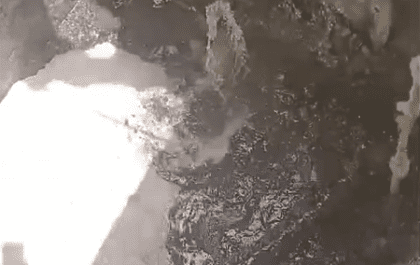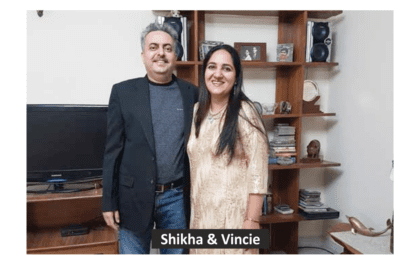Yet Another Accident on the Road near Spectrum Mall
A few days ago, after running an errand at a nearby market, I was walking along one of the busiest roads in Noida. Cars, bikes, and e-rickshaws rushed past, moving as they always do—hurried and relentless. Amidst the chaos, I noticed a young man attempting to cross the road with his roughly eight -year-old sibling. In a heartbreaking moment, a speeding bike struck the younger child. Though the rider stopped briefly, it felt more like a fleeting social obligation—within moments, he sped away without offering any help. The sight of the wounded child crying uncontrollably didn’t stop a single vehicle or passersby who might have helped. I was carrying two heavy bags and stood at a significant distance, but before I could reach them, the older brother swiftly scooped up his little sibling, holding him close as if he already knew—perhaps wiser than I—that no help would come. Without hesitation, he hurried off the road and disappeared into the shadows.
The bystander effect, a psychological phenomenon, suggests that people are less likely to help in emergencies when others are present, assuming someone else will step in. Though I’ve long been aware of this tendency, witnessing it firsthand was deeply unsettling. It left a lingering discomfort that pushed me to write about it, hoping to spark change in how we react to such situations. We are so immersed in our daily lives that we often feel this basic human responsibility does not fall on us—especially when it comes to the underprivileged. We prefer to keep to ourselves, focused on our own affairs. But when our actions are guided by convenience rather than compassion, humanity suffers.
Noida has developed significantly in terms of infrastructure and roads, but pedestrian pathways have paid the price. Roads are choked with traffic, and overhead bridges or pedestrian crossings are sometimes more than a kilometre apart. A little more compassion and a well-planned infrastructure—with thoughtfully designed roads and frequent foot over bridges—could make a world of difference.
Samvada Adds: The above write-up is by an 18-year-old girl who poured her heart out to raise awareness about the plight of accident victims on our roads. She was requested by one of our editors to write about this accident that happened on the road between 7X sectors and sector 50. As we publish her article, we take a pledge to do our part in making a difference. We urge our readers to join us in this endeavour. Let us strive to be more empathetic and helpful towards those in need. However, individual efforts alone are not enough. The Noida Authority must take cognizance of the alarming state of our roads, which are increasingly becoming unsafe for pedestrians. The current infrastructure prioritizes vehicular traffic, neglecting the needs of pedestrians, many of whom are from economically disadvantaged backgrounds. These individuals, who provide essential services to our communities, are forced to risk their lives daily while crossing roads to reach their destinations. It is our collective responsibility to demand better infrastructure and safer roads for all. Let us begin by making a conscious effort to be more considerate and helpful towards others. Together, we can create a ripple effect that inspires positive change. What do you think? Your opinion matters. Write to us on edit@samvada.in
Popular Stories
How To Revive Your Rainwater Harvesting System
The Water Couple’s Journey: From Cleaning Tanks to Complete Water Solutions!
Locals Felling Trees Near Sec A Pkt C
Winning Has Become a Habit for Divya
Is Green Park Heading Towards A Slum
Haphazard Parking, Narrow Walking Space In M Block Market
Recent Stories from Nearby
- Elections at Silver Oaks April 5, 2025
- Silver Oaks Rangotsav: A Vibrant Celebration of Holi April 5, 2025
- Sarvam Shakti: A Decade of Empowerment and Grace April 5, 2025
- Turning Waste into a Valuable Resource April 5, 2025
- Stray Dogs Menace & Management, A Block Extension April 5, 2025






